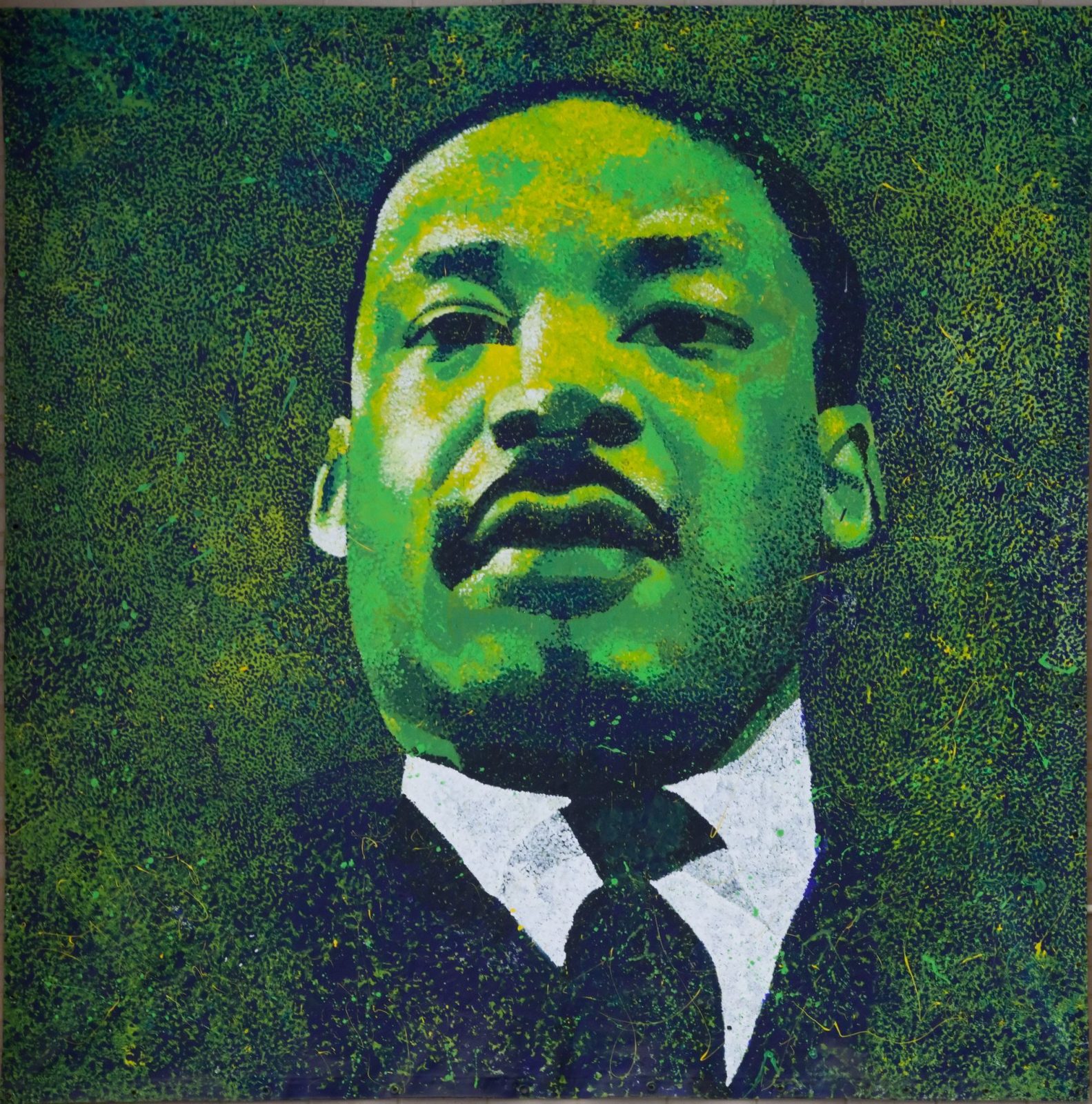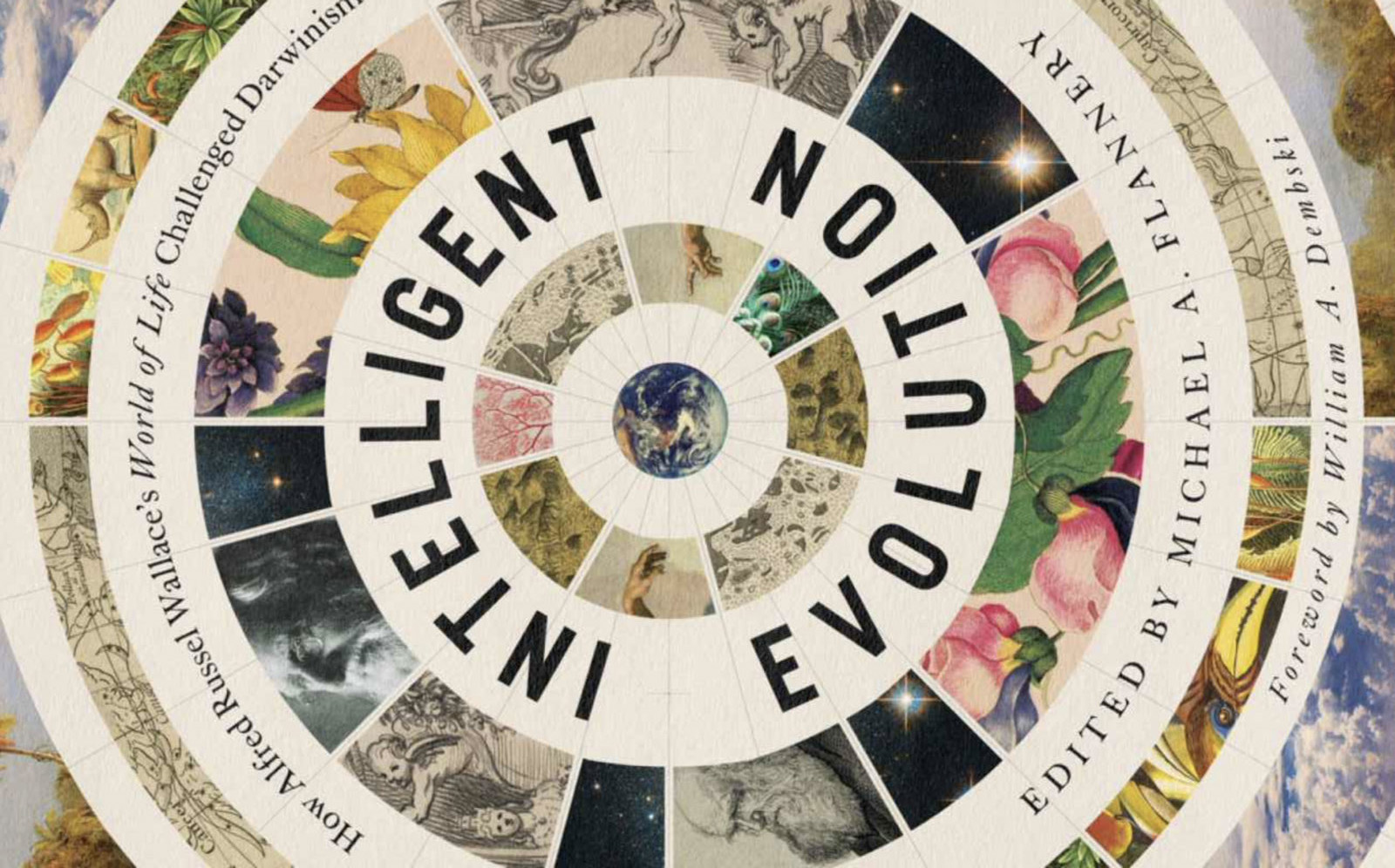
Darwin Day Meets Black History Month–Sparks Fly
As a nod to Darwin Day and Black History Month, today’s ID the Future spotlights the racist thinking of Charles Darwin and the scientific racism fueled by Darwinism and Darwinists. As guest and historian Michael Flannery notes, Darwin’s followers, including Darwin’s cousin, Francis Galton, took ideas found in Darwin’s work and used them to vigorously press the case for eugenics, a movement that came to have a horrifying impact for American blacks in the twentieth century, including for thousands who were subjected to forced sterilizations. Was Darwin’s racism purely a function of his time and place, Victorian England? Flannery says no, and on two counts. First, he says that the co-discoverer of the theory of evolution by natural selection, Alfred Russel Wallace, was far more progressive about non-Anglo indigenous races than was Darwin, arguing that they were very much the equals of Europeans, morally and intellectually. Such an outlook is dramatically different from Darwin’s, who saw them as far inferior and destined to be weeded out by the process of natural selection one day. Also, while Wallace came to embrace a form of intelligent design and to reject philosophical materialism, Darwin and many of his followers saw his theory as both rooted in, and supporting, a materialistic outlook on nature. Humans, in other words, were without an immaterial soul. This materialistic view of the human person, Flannery and host Jay Richards argue, vitiates the traditional theological understanding of humans as made in the image of God with inherent dignity and worth. As Richards further notes, Martin Luther King Jr. made precisely this point himself. Tune in as Flannery and Richards explore this oft-neglected corner of history.

